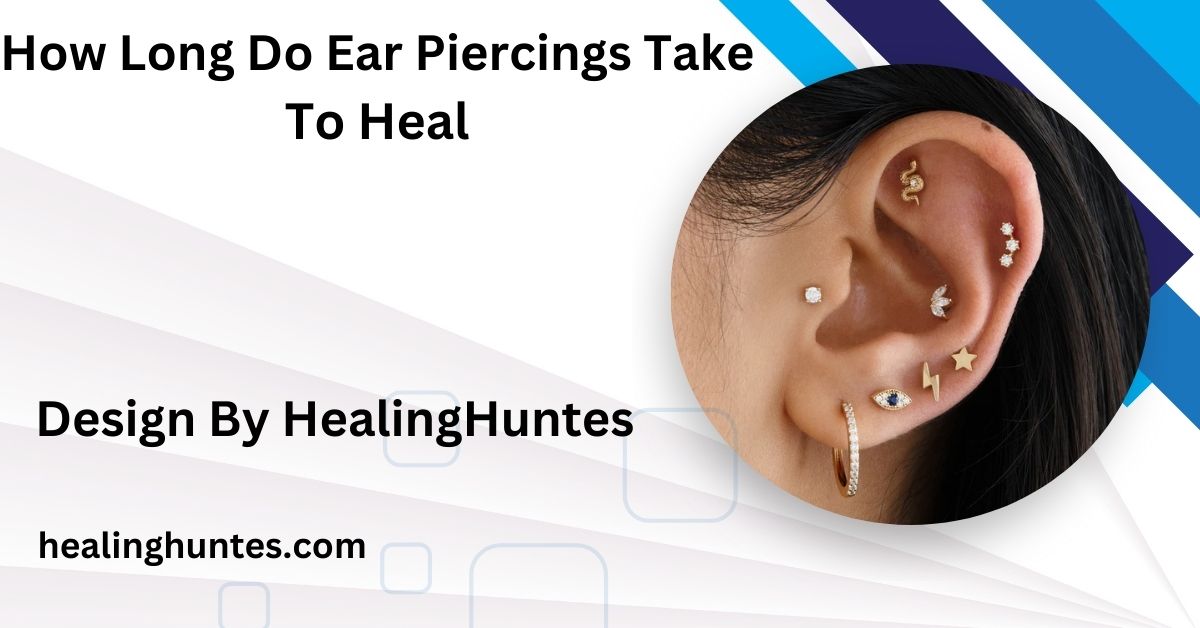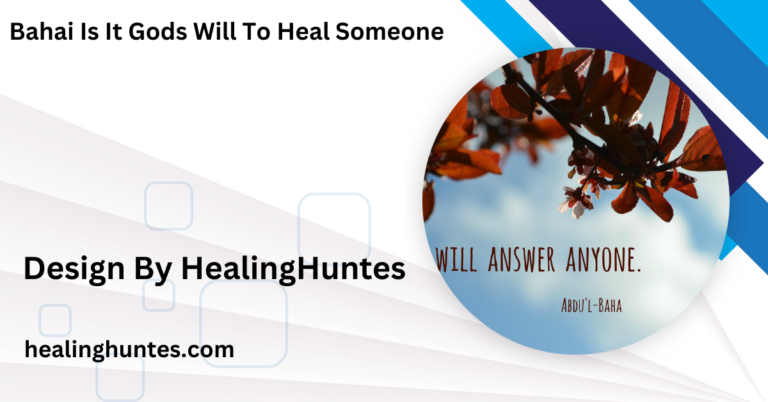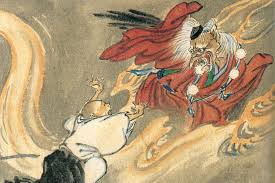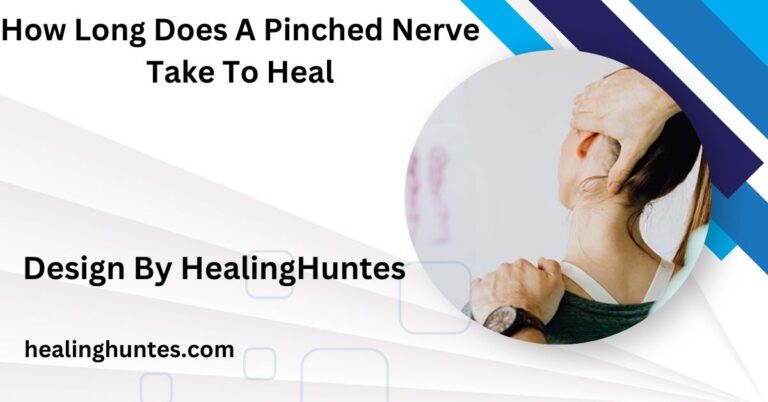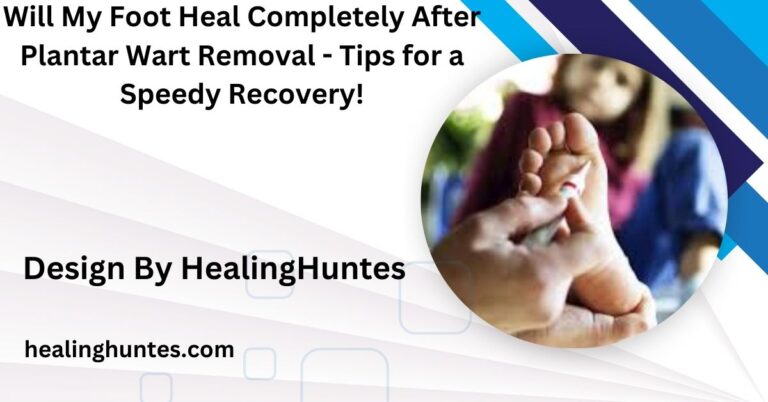How Long Do Ear Piercings Take To Heal – Healing Time for Cartilage Piercings!
Ear piercings typically take 6 weeks to 12 months to heal, depending on the type of piercing and individual health factors. Lobe piercings heal faster, while cartilage piercings take longer.
This article will explore how long ear piercings take to heal, factors that affect healing time, and tips for ensuring a smooth recovery.
Average Healing Time for Ear Piercings:
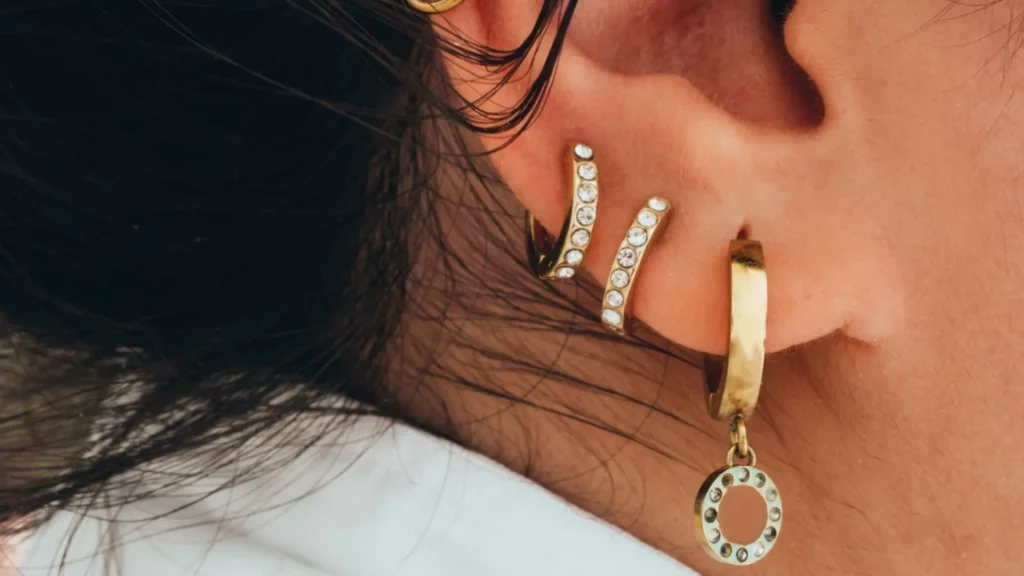
The healing time for ear piercings can vary depending on several factors, including the type of piercing and individual health. Here’s a general overview of expected healing times for different types of ear piercings:
- Lobe Piercings: Standard ear lobe piercings typically heal within 6 to 8 weeks. This is the most common type of ear piercing, and with proper care, you can expect a relatively quick recovery. Lobe piercings are generally well-vascularized, which promotes efficient healing.
- Cartilage Piercings: Cartilage piercings, such as helix, tragus, and daith piercings, usually take 3 to 12 months to fully heal. Cartilage is less vascular than lobe tissue, meaning it receives less blood flow, resulting in a longer healing period. The healing process can vary significantly among individuals.
- Industrial Piercings: This type of piercing, which involves two holes connected by a single bar, can take 2 to 12 months to heal due to the complexity and sensitivity of the area. The healing process can be further complicated by the pressure of the jewelry and the movement of the ear.
- Other Variations: There are several other types of ear piercings, such as rook and conch piercings, which may take anywhere from 3 to 9 months to heal. Each piercing type has unique healing characteristics based on location and anatomy.
Factors Affecting Healing Time:
Several factors can influence how long your ear piercings take to heal, and understanding these factors can help you anticipate your recovery:
- Type of Piercing: The healing time varies significantly between lobe and cartilage piercings. Lobe piercings typically heal faster due to their position and tissue type.
- Individual Healing Rates: Everyone’s body heals at different rates. Factors such as age, genetics, overall health, and immune function can all affect how quickly piercings heal. Younger individuals often heal faster than older adults, while those with underlying health conditions may experience delayed healing.
- Aftercare Practices: Proper aftercare is crucial for minimizing healing time. Following your piercer’s aftercare instructions diligently can help reduce the risk of infection and promote faster healing. This typically includes regular cleaning, avoiding certain products, and being mindful of how you handle your earrings.
- Infection or Complications: If an infection occurs, it can significantly prolong the healing process. Signs of infection include redness, swelling, pus, and increased pain. If you suspect an infection, consult a healthcare professional immediately to prevent further complications.
- Jewelry Material: The quality of the jewelry you choose can also affect healing time. High-quality jewelry made from hypoallergenic materials (such as titanium, surgical steel, or gold) can reduce irritation and promote healing, while cheap or low-quality materials may cause allergic reactions, infection, or irritation, prolonging recovery.
- Lifestyle Factors: Smoking, poor nutrition, and high-stress levels can also affect the healing process. A balanced diet rich in vitamins and minerals can support overall health and promote faster healing. Staying hydrated is equally important.
Also Read: How To Heal A Cut In Your Mouth – Mouth Cut Remedies
Tips for Promoting Healing:
To ensure your ear piercings heal quickly and effectively, consider the following tips:
- Follow Aftercare Instructions: Adhere strictly to the aftercare recommendations provided by your piercer. This usually includes cleaning the area with saline solution or an antiseptic recommended by your piercer and avoiding certain products, like alcohol or hydrogen peroxide, that can irritate the piercing.
- Avoid Touching: Refrain from touching your new piercings with dirty hands. Avoid playing with the jewelry, as this can introduce bacteria and lead to infections. If you must touch your piercings (e.g., for cleaning), wash your hands thoroughly first.
- Stay Away from Pools and Hot Tubs: Chlorine and other chemicals can irritate fresh piercings, so it’s best to avoid swimming until they are fully healed. This also includes avoiding steam rooms or saunas that could introduce bacteria to the area.
- Be Mindful of Hair Products: Hair sprays, gels, and other styling products can irritate piercings. Try to keep these products away from your ears during the healing process.
- Wear Comfortable Clothing: Avoid hats or headbands that may put pressure on your piercings during the healing period. Opt for loose-fitting clothing around your neck and ears to prevent irritation.
- Avoid Sleeping on Your Pierced Ears: If you can, try to sleep on your back to avoid putting pressure on your new piercings. If necessary, use travel pillows or specialized ear pillows designed for those with new piercings.
- Monitor for Signs of Infection: Keep an eye out for redness, swelling, or discharge. If you notice any concerning symptoms, consult with a professional. Early intervention can prevent more serious complications.
What to Do If Your Piercing Gets Infected?
If you suspect your piercing is infected, here are steps to follow:
- Consult a Professional: Visit your piercer or a healthcare provider for an evaluation. They can determine whether it’s an infection and recommend appropriate treatment.
- Keep the Area Clean: Gently clean the area with saline solution or a mild antiseptic as recommended. Avoid using harsh chemicals that can exacerbate the problem.
- Do Not Remove the Jewelry: If your piercing is infected, do not remove the jewelry. Removing it can cause the hole to close up, trapping bacteria inside and potentially leading to an abscess.
- Follow Medical Advice: If antibiotics or other treatments are prescribed, follow your healthcare provider’s instructions carefully.
FAQ’s
1. How long does it take for lobe piercings to heal?
Lobe piercings typically heal within 6 to 8 weeks, making them the quickest to recover among ear piercings due to their well-vascularized tissue.
2. What is the healing time for cartilage piercings?
Cartilage piercings, such as helix or tragus, generally take 3 to 12 months to fully heal because they have less blood flow compared to lobe piercings.
3. What factors affect the healing time of ear piercings?
Healing time can be influenced by the type of piercing, individual healing rates, aftercare practices, and any potential infections or complications.
4.How can I promote faster healing for my ear piercings?
To promote healing, follow aftercare instructions carefully, avoid touching the piercings, and keep the area clean while monitoring for any signs of infection.
5. What should I do if my piercing becomes infected?
If you suspect an infection, consult a healthcare provider for evaluation, keep the area clean, and do not remove the jewelry to prevent further complications.
Conclusion
In summary, ear piercings can take anywhere from 6 weeks to 12 months to heal, depending on the type of piercing and individual factors. By following proper aftercare practices and being mindful of your body’s healing process, you can promote a smooth recovery. If you have any concerns during the healing period, don’t hesitate to reach out to your piercer or a healthcare provider for guidance.
